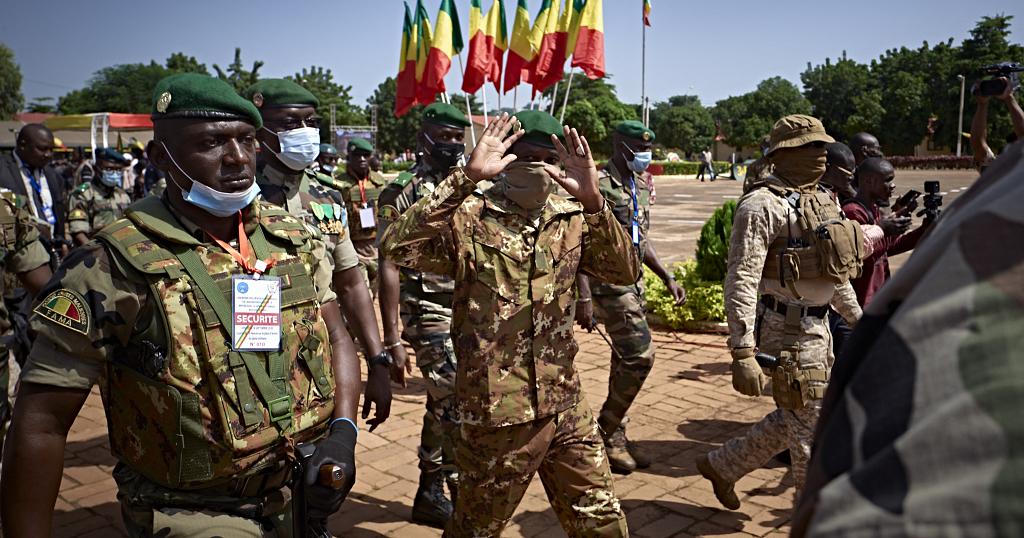World News
BIG Fear as military takes over seven African countries

In a disconcerting development that is sending shockwaves across the African continent, seven countries have fallen under military rule, posing a severe threat to the hard-fought democratic progress in the region. The countries in question are Burkina Faso, Chad, Guinea, Mali, Niger Republic, and Sudan, where military coups have plunged these nations into political uncertainty and raised serious questions about the future of democracy in Africa.
Since 2020, the political landscape in these countries has been marked by military interventions, which have resulted in the ousting of civilian governments and the establishment of military-led administrations. The most recent addition to this concerning list is Niger Republic, which experienced a coup in July 2023, further deepening the crisis.
The African continent has long struggled with challenges to democratic governance, and the rise of military rule in these seven countries showcases a glaring failure on the part of democratic systems to sustain stability and safeguard the rights and aspirations of their citizens.
Burkina Faso – The military coup in 2022 deposed the transitional government that was in place following the ousting of President Blaise Compaoré in 2014. The country has been grappling with a surge in Islamist insurgency and violence, and the military takeover has added to the complexity of addressing these security concerns.
Chad – In 2021, following the sudden death of President Idriss Déby, a military council took control, sidelining democratic processes. The situation has raised fears about the country’s political future, given its strategic location in the Sahel region and its involvement in regional peacekeeping efforts.
Guinea – In 2021, President Alpha Condé was removed from power through a military coup, ending his controversial third term in office. The coup has generated widespread condemnation, as Guinea has been grappling with political tensions and human rights issues.
Mali – In 2020, Mali experienced two military coups within months, overthrowing President Ibrahim Boubacar Keïta and leading to the establishment of a transitional government. The instability in Mali has had regional implications, given its role in the fight against extremist groups in the Sahel.
Niger Republic – In 2023, President Mohamed Bazoum, who was democratically elected, saw his country plunged into a military coup attempt. The incident highlighted the fragility of democratic institutions and the potential for armed forces to disrupt political stability.
Sudan – In 2019, mass protests led to the ouster of long-time President Omar al-Bashir, but the military took over the country’s transitional period, leading to further protests and a protracted struggle for democratic transition.
These military takeovers pose significant dangers to the continent’s democratic trajectory. African nations have made strides in promoting democratic governance over the years, but the recent events have cast a shadow over those achievements. The suppression of civil liberties, media freedom, and the sidelining of democratic institutions in these countries risk undoing the hard-won progress and undermining trust in the democratic process.
The African Union and regional bodies must take a strong and unified stance against military interventions, emphasizing the importance of upholding democratic values and the rule of law. The international community also has a vital role in supporting democratic governance in Africa and holding military rulers accountable for their actions.









